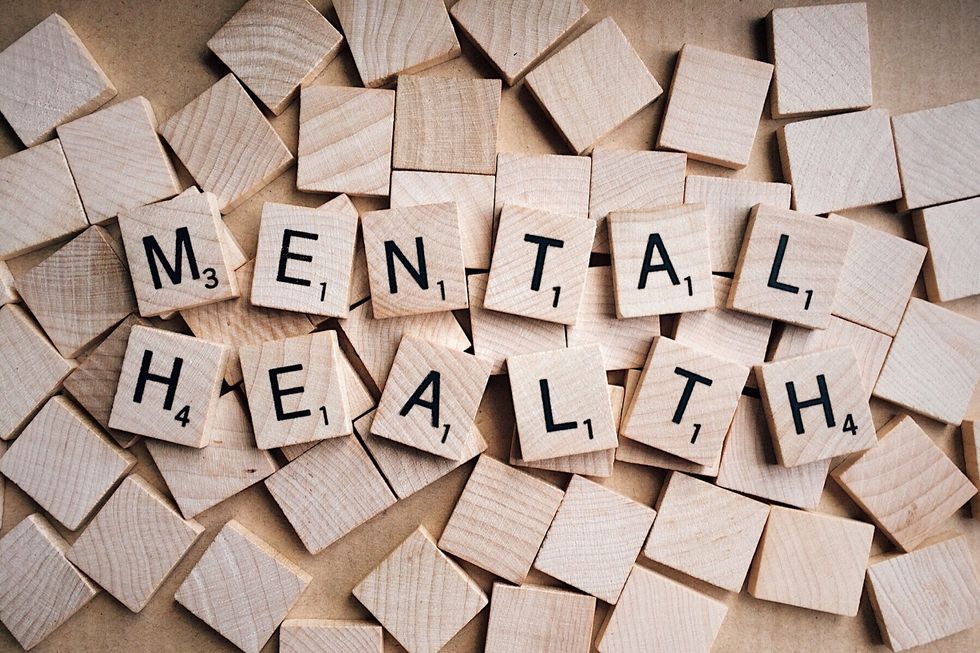Our thoughts as a nation and as people are with those impacted by the horrific events that occurred at Marjory Stoneman Douglas High School on February 14th. We all feel for the grief of those who lost a loved one and for the trauma of those who will live with this experience. It is heartbreaking.
It is for those people, the people whose lives were lost, the people who survived, and for the people who may one day experience a very similar situation, that we owe change. It is for those people that we owe a thoughtful evaluation of these shootings.
In the week following the shooting in Parkland, our news feeds, Instagram feeds, and Facebook feeds are full with promotions of gun control.
Guns you can see. Bullets you can touch. Bombs, knives, and physical weapons are tangible and form an easy target to claim as the issue. Unfortunately, the deeper matter at hand is less tangible and less easily addressed: mental health.
In the horrific massacre that happened in Nice, France on Bastille day in 2016 when a truck driver drove through a crowd, there was not a promotion of decreasing access to motor vehicles. In the countless instances of terrorism, the morality of the individual is the focal point. In other acts of mass violence that are unrelated to firearms, you simply don’t see the blame resting on the object used to commit the act.
You can be for or against gun control, and that is 100% entirely okay and welcomed. Persuading you to one side or another is not the goal.
But, consistently, with every increasing instance of mass shootings, our attentions are consumed by the morality of gun control. Yet, the topic of actually pursuing tangible and measurable strides in addressing mental health fades to a whisper.
I’m not referring to mental illness; I’m talking about mental health. Period.
Often mental health does not become a priority in society until negative manifestations begin to occur. Whether it be a child’s aversion to going to school or an adolescent’s propensity to harm himself or herself, aid from mental health professionals is sought only once evidence has accumulated. But, at that point, it is far too late. At that point, that individual has already been struggling with mental health for years.
Case in point: I come from a very lucky background. I am fortunate to have access to generous health insurance. However, it took over a decade for my brother to receive competent, significant help for his mental health.
There is a significant disparity placed on the importance physical health and mental health and the access to professionals who can address mental health in individuals from a young age.
We go to a dentist roughly every six months to evaluate our dental health. Yet, it is not common to seek out an evaluation of our own mental health on a regular basis. Instead, we visit mental health professionals when issues begin to arise. This disparity in access and importance placed on mental health before negative manifestations arise is an issue that percolates through every class and corner of society.
Yet, this issue is constantly ignored with each instance of mass violence.
It is vital that mental health be pursued as early as physical health is. The tremendous impact of addressing mental health from childhood in order to create beneficial habits concerning mental health and to destigmatize the pursuit of mental health has been exhibited, yet ignored, with every growing instance of mass violence.
Why is mental health stigmatized instead of actually creating programming and rhetoric to support the pursuit of mental health? Why is visiting a psychiatrist or neurologist or psychologist considered evidence of a problem?
Why is there more political promotion for or against gun control than for addressing mental health?
We owe it to the countless lives impacted by mass violence to address these questions now, more than ever.
It is time we stopped using these horrific events as a means to further our own agenda and start addressing the stigma behind mental health and providing a forum to pursue mental health from all levels of society.
While it would be gloriously simple to say that eliminating guns or increasing gun control would eliminate school shootings or other instances of mass violence, it is, unfortunately, a deceptively simple solution. Life is not that simple. To act like the solution is that straightforward only does a disservice to those whose lives have been impacted.
If we march on the capital in the name of creating true change for gun control in this country, why don’t we march in the name of creating true change for the pursuit of mental health?



















